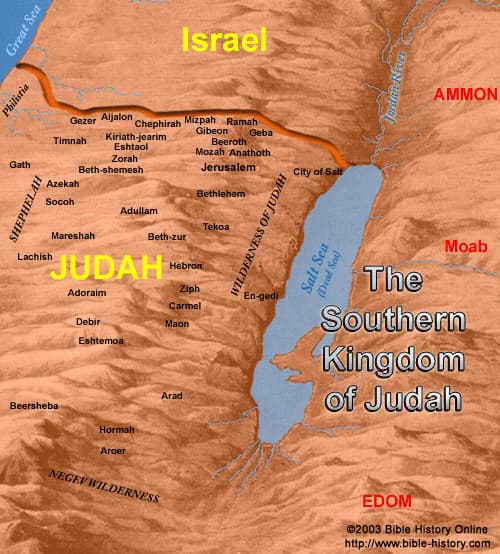Historical Records Reveal Layered Origins of Names for Land of Israel and Palestine

A recent query posed by Warren Redlich on social media, asking for the "most widely accepted earliest indigenous name for the land some refer to as Israel and others refer to as Palestine," highlights the complex and ancient history of the region's nomenclature. Historical and archaeological evidence indicates that the land has been known by various names, reflecting different inhabitants, political entities, and linguistic traditions over millennia.
One of the earliest widely recognized names for the broader region is Canaan, referring to the Semitic peoples who inhabited the area during the Bronze Age. Archaeological findings, such as the Merneptah Stele from the late 13th century BCE, mention "Israel" as a distinct people or entity in Canaan, marking one of the earliest extra-biblical references to the name. Later, "Israel" became associated with a kingdom in the northern part of the land, while "Judah" emerged in the south.
The name "Palestine" itself has ancient roots, deriving from "Philistia," the name given by Greek writers to the land of the Philistines. The Philistines, referred to as "Peleset" in Egyptian inscriptions from around 1150 BCE and "Palashtu" or "Pilistu" in Assyrian records from approximately 800 BCE, occupied a coastal strip of the southern Levant. The Greek historian Herodotus, in the 5th century BCE, was among the first to use "Palaistinê" to describe the broader geographical region extending from Phoenicia to Egypt.
A significant shift occurred in the 2nd century CE when the Roman Empire, following the suppression of the Bar Kokhba revolt (132-136 CE), renamed the province of Judea to "Syria Palaestina." This act was largely a punitive measure, intended to sever the historical and symbolic connection between the Jewish people and their homeland by associating it with their ancient adversaries, the Philistines. While the term "Palestine" existed prior, its widespread application to the entire region by Roman authorities solidified its geographical usage for centuries to come.
Through subsequent eras, including Byzantine, Arab, Mamluk, and Ottoman rule, the name "Palestine" continued to be used as a geographical designation, though administrative boundaries often varied. The modern State of Israel, established in 1948, adopted a name with deep historical and religious significance to the Jewish people. The ongoing discourse surrounding these names underscores the rich, multi-layered history and competing narratives tied to this ancient and contested land.